Posted on 2 months ago by Laurentina Kennedy

Why Ireland is a proving ground for medicinal breakthroughs like cell and gene therapy.
Cell and gene therapy is an exciting new area in healthcare that offers a route towards tackling many illnesses and conditions that were previously untreatable. It doesn’t replace traditional medicine so much as enhance it; within a decade, cell and gene therapy (C>) could represent up to 20% of the total market for pharmaceutical products.
To give an idea of how quickly it’s growing, as of March 2024, the US Food and Drug Administration had approved 36 gene therapies for use, with seven of those approvals coming last year. Research firm Nova One valued the market at $18.3 billion last year, and it forecasts compound annual growth of 18.3%, to be worth $58.7 billion by the end of this decade.
In the meantime, research into the field is ongoing and companies are gearing up to be able to manufacture in the volumes that patients will need. That’s where Ireland comes in.
Ireland is a long time home for the pharmaceuticals industry: it is the world’s third-largest pharmaceuticals exporter and eight of the top 10 global pharmaceutical companies already have extensive operations in this country. Ireland’s size works to its advantage: this enables close connectivity between education, research, manufacturing and hospital networks. It’s what helped to attract so many pharmaceutical companies and it’s the bedrock for the next generation of advanced therapies.
To stay at the forefront of this sector, Ireland is actively exploring ways to strengthen the ecosystem that helps the existing industry, together with emerging players, to tackle some of the challenges involved with C>.
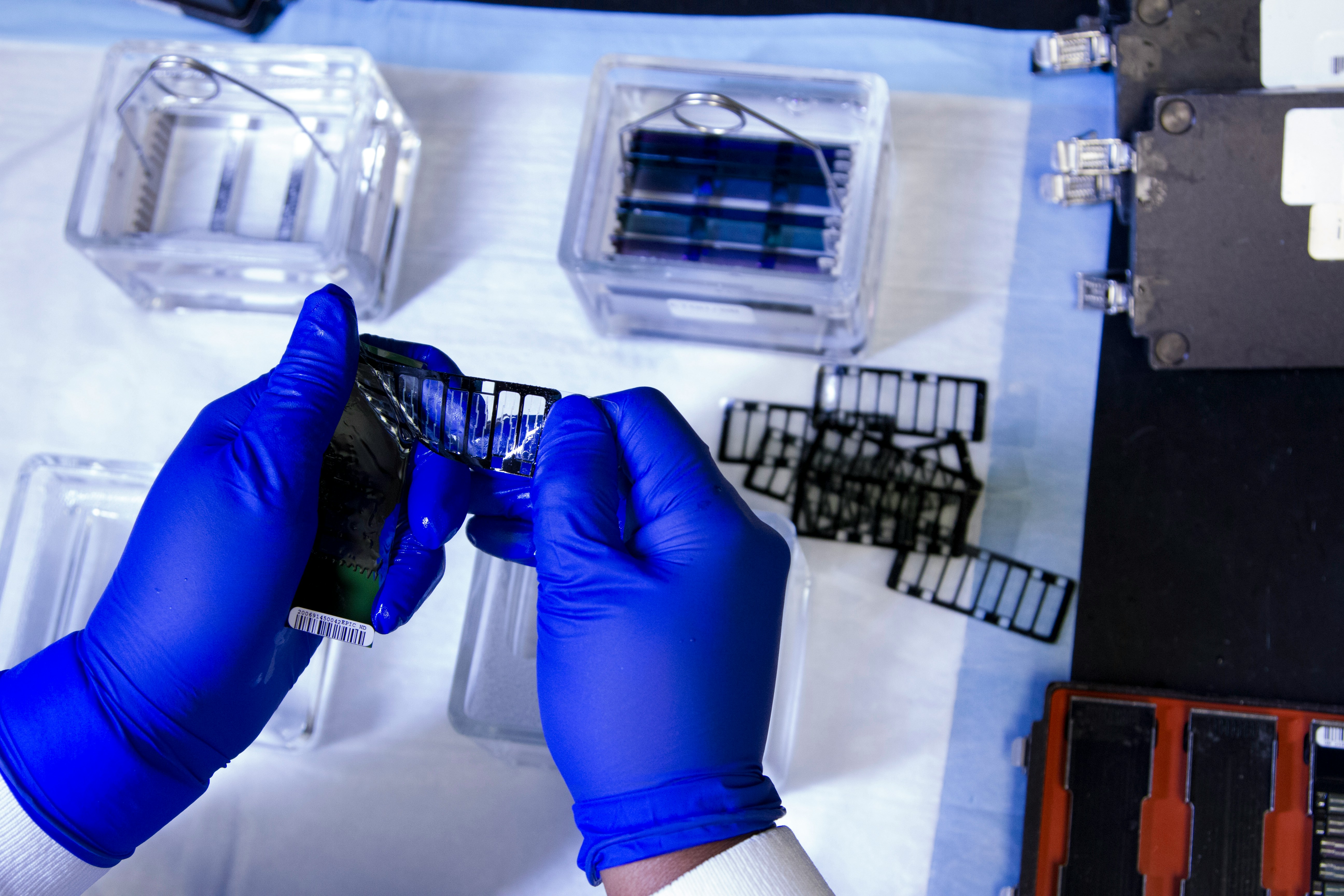
Gene therapy’s personalisation challenge
“With cell therapy, typically you're using an adapted version of a patient’s cell. So there’s an increased level of personalisation of the treatment that you haven’t seen in therapies up to now. And, with that personalisation, you get added complexity in the manufacturing process. So the more you can use technology and you can use data-based science to improve your manufacturing process, the more you can improve the manufacture of advanced therapies,” says Darrin Morrissey, CEO of NIBRT, Ireland’s National Institute for Bioprocessing Research and Training.
These advanced therapies are revolutionary in terms of how they use a patient’s own cells to combat longstanding conditions and diseases, but Morrissey points out that the methods to manufacture the therapies are evolutionary: an extension of how the industry works today.
That’s not to say that adding cell and gene therapy capability is easy. Some of the early treatments during the past decade have taken place in a hospital setting where the patient was staying. In the longer term, the industry needs the manufacturing processes to scale up and out, Morrissey says. “Today we can manufacture cell therapies for individual patients. But, how do you do that for 10 patients? How do you do that for 100? How do you do that for 1,000? These are the challenges that drug companies, be they big or small, are grappling with.”
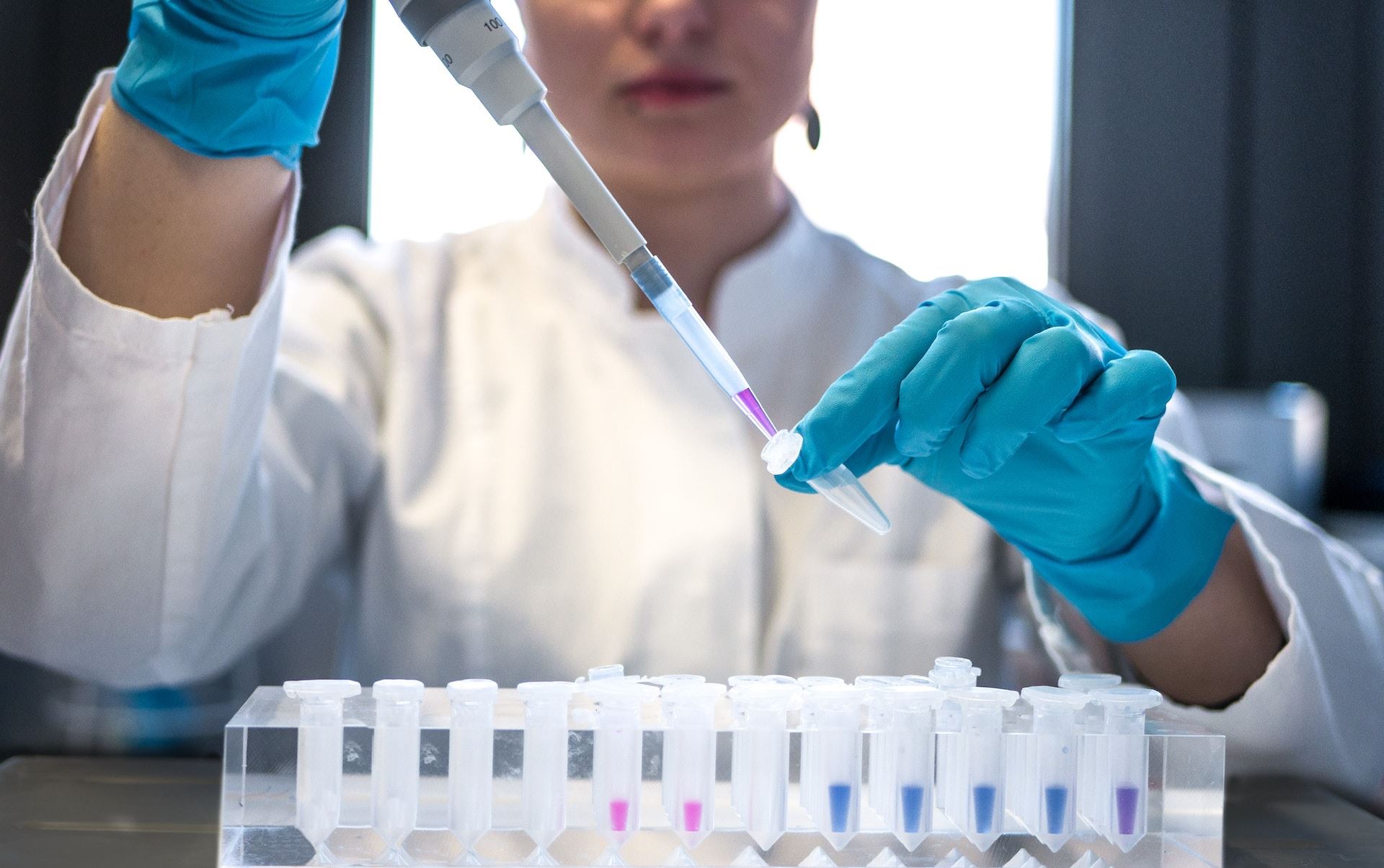
How Ireland supports the evolving biopharma industry
It’s a challenge NIBRT is especially well placed to answer. It’s an independent entity, set up in 2007 with initial funding from the Irish Government specifically to support the advance of biopharmaceutical manufacturing in Ireland by helping the companies that are developing their manufacturing facilities here. As NIBRT’s full name suggests, its mission has two parts: delivering training to those companies and delivering research to improve their manufacturing processes.
“The training part of NIBRT’s operation trains people in the biomanufacturing standards of today and tomorrow; while our research works on exploring and developing potential biomanufacturing standards years from now,” Morrissey explains. “Research allows us to have a window on the future, but we're also influencing the future as well. In the cell therapy space, we are working on processes that help get what we call the genetic payload into the cell, in a way that creates a viable and safe genetically-altered cell, so the cell goes on to thrive and survive in the patient and ultimately deliver its therapeutic benefit to that person.”
There are more than 100 multinational biopharmaceutical manufacturing facilities in Ireland, with 23 of them manufacturing biologic therapies, and NIBRT has a relationship with them all. Since its inception, the centre has trained nearly 50,000 people who work in the industry. It also has links to all of Ireland’s higher educational institutes and it’s extending those links into key hospitals which are becoming increasingly important in developing new advanced therapies.
Attracting leading global researchers
One of the principal investigators that NIBRT supports is Professor Sakis Mantalaris, a world-renowned researcher in the field of cell biology and cell therapy. In February 2004, he received a grant of €4.88 million from the Science Foundation Ireland Research Professorship Programme in connection with his jointly-appointed role at Trinity College Dublin and NIBRT.
He and his research team across both institutions, are leading an innovative project aimed at improving both the manufacture of cell therapies and potentially their clinical outcomes. We’ll return to Professor Mantalaris in a forthcoming article.
As well as attracting leading figures in cell and gene therapy into Ireland, the country also benefits from some inbuilt advantages that can help it to stay at the forefront of these future medicines. One is its increasingly diverse population. The 2022 Census found that people from many different countries now call Ireland home, from Poland and the UK, to India, Romania, Lithuania, Brazil, Italy, Latvia and Spain.
This is important because it allows researchers to build up a bank of gene signatures, with patients’ consent, that represents a very broad group of people according to Dr Kathy Gately, a clinical senior lecturer and clinical scientist at Trinity College Dublin. In turn, this helps researchers to understand how various genetic profiles will respond to certain types of treatments. “It means that any research that’s done here in Ireland would be effective and relevant internationally in other populations,” she says.
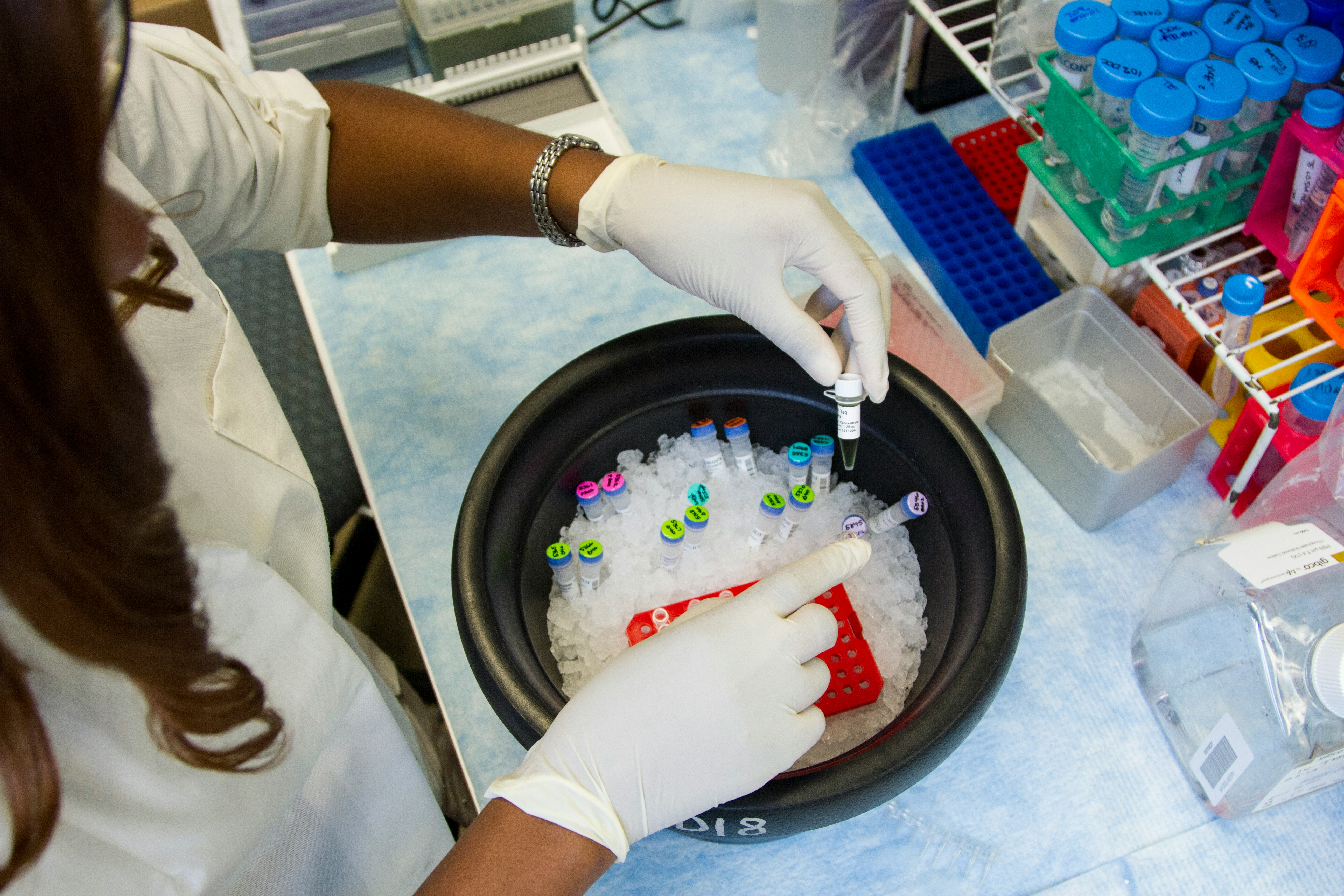
Collaboration in clinical settings
Dr Gately has been working in the field of lung cancer for more than 20 years, particularly studying resistance to targeted treatments. She works at the Trinity Translational Medicine Institute (TTMI), located at the St. James’s Hospital campus, which is the only clinical site in Ireland with capabilities to perform CAR-T/stem cell transplants.
In 2022, TTMI began collaborating with Legend Biotech, aiming to develop 3D models that will resemble the three hard-to-treat tumour types for use in the discovery of new treatment targets and for screening novel CAR T-cell therapies. Through the collaboration, Legend Biotech and Trinity College hope to significantly benefit their respective research programmes and improve treatment options for patients.
Under the collaboration, TTMI develops patient-derived organoids and shares some of them under ethical approval with Legend Biotech. “There’s nothing better than patient material to work on, because the molecular profile of every person’s tumour tissue, as well as their immune system, is different. We’re able to build up this living biobank and as part of the collaboration, we’re profiling them at the RNA and DNA level so we have a very thorough picture of the patient’s tumour at the organoid level,” she says.
Dr Gately points out that researchers in biopharma companies often use off-the-shelf organoids but 3D versions provided via Trinity’s work “can answer more questions”.
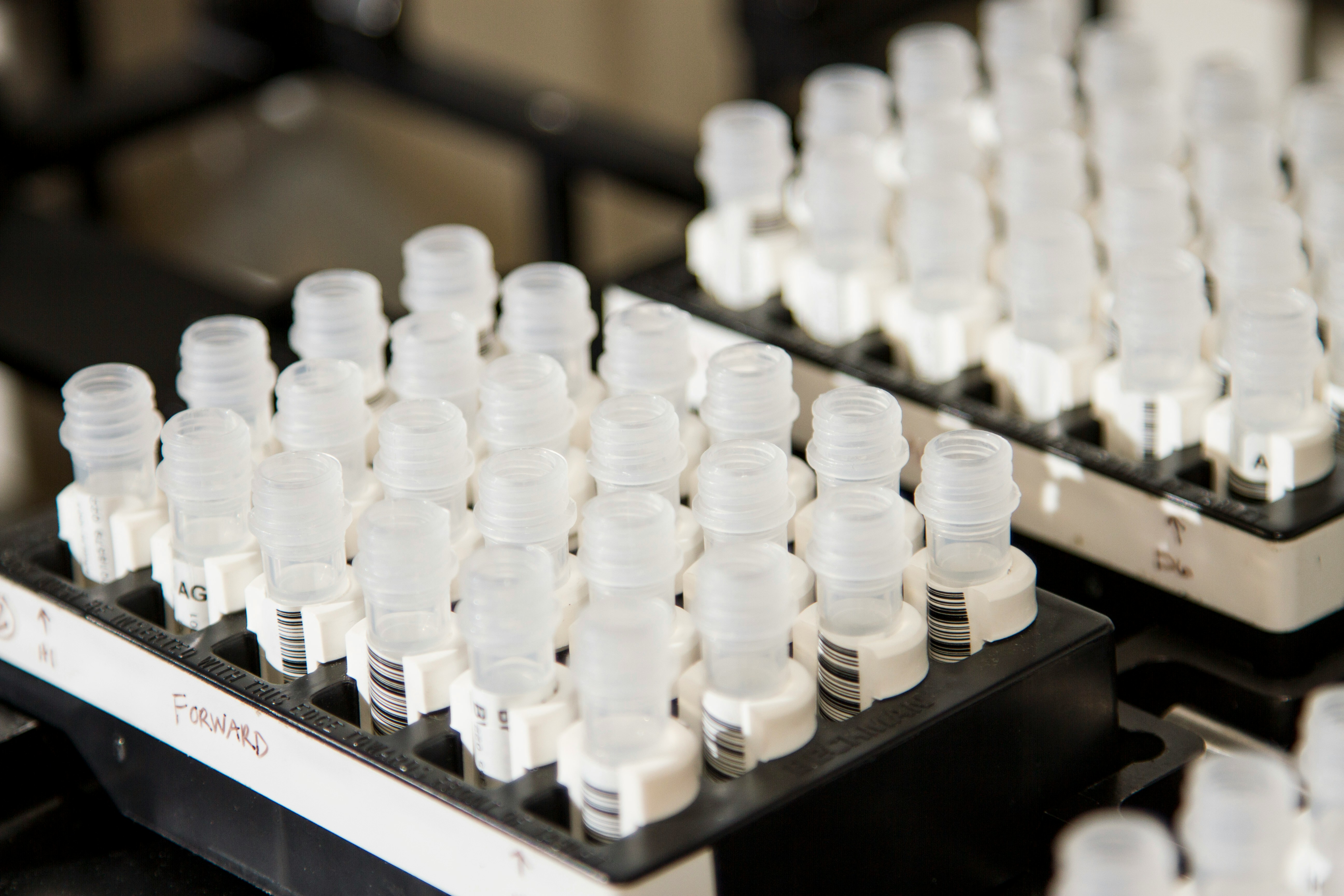
Ireland’s ecosystem fosters partnership opportunities Another benefit to working in Ireland is that the ecosystem makes it easy for international pharmaceutical companies to collaborate effectively with clinical research teams. Other industry commentators say closer integration into the hospital system is an essential part of developing a country’s infrastructure.
For these kinds of treatments, the patient tissue has to be fresh, and samples need to get to the lab quickly. “Being integrated into the hospital system is very attractive to industry and we can do it to a standard that they’re happy with,” Dr Gately says. “And there are also the other things nobody ever thinks about, like getting buy-in from surgeons and pathologists. We couldn’t do this particular type of work if we weren’t all together on this campus.”
Another element in Ireland’s story is Hitech Health, a contract development and manufacturing organisation (CDMO) for advanced medicines including cell and gene therapies. It employs 30 people around Ireland and the UK. Its service office is in Dublin, while its R&D lab and GMP Manufacturing facility is in Galway in the west of Ireland.
Hitech was the first commercial company to have a licence to manufacture these advanced medicines in Ireland. It works with some large global companies, but Harrison says most of the companies in the cell and gene therapy space are smaller companies including university spin outs. In many cases, these advanced medicine companies have products in development, and need expertise to manufacture pre-clinical materials as is required for toxicology studies. Hitech Health can also manufacture clinical trial materials for these advanced medicine companies once the potential treatment has been approved by regulators to be used in patients . In some cases, large pharma companies outsource these advanced medicine products to contractors and they continue to use Hitech for support.
“This field is growing at a very significant rate. There were seven cell and gene therapies approved by the FDA in 2023, and global data indicates it will be 5-7% of total pharmaceutical sales by 2030,” says Hitech founder and managing director Brian Harrison, a veteran of Ireland’s pharma industry.
Harrison is extremely optimistic about what the future holds for advanced therapies. “In the future, we plan to support not just clinical projects but also commercial products. Once our facility is fully occupied, our goal is to expand further. We are confident and ambitious that that will all happen. With our belief in cell and gene therapy, we’re investing as we believe that these medicines can transform patients' lives.”
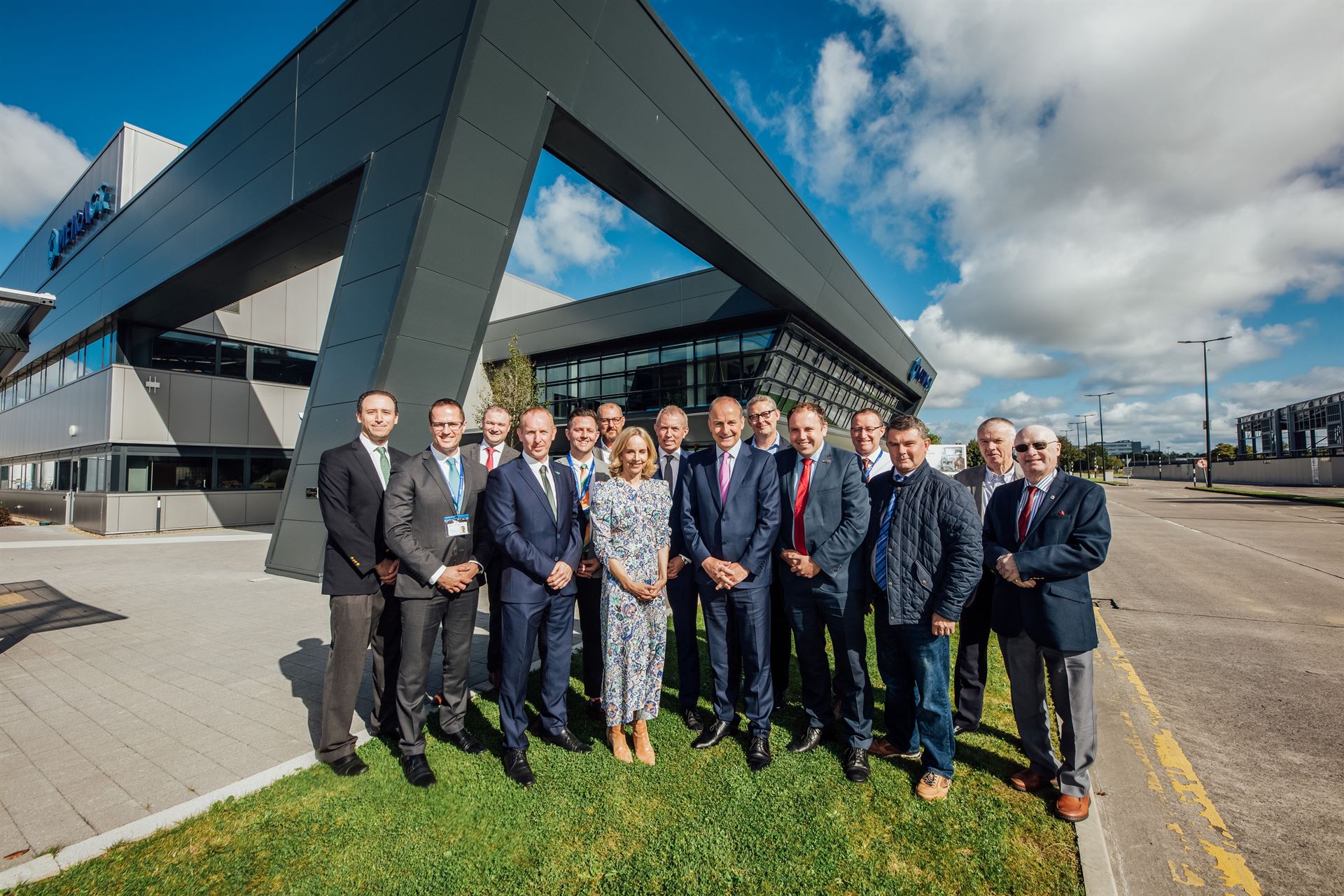
Why MeiraGTx chose Ireland
Such is the fertile ground for cell and gene therapy that MeiraGTx, a US and UK-headquartered genetic medicine company, chose Ireland as its manufacturing site as it looks to scale ahead of moving from clinical to commercial production.
It employs more than 100 people in Shannon, where it also makes the critical starting material for gene therapies. By phase one, the Irish site already offered quadruple the capacity of the company’s existing UK research centre.
MeiraGTx also designated the Shannon facility as its global testing laboratory. This is unusual in the industry which often sends material to third-party sites but carrying out internal testing in Ireland helps the company to save valuable time in the process, says site operations director Greg Simmonds. He says there’s “strategic benefit” in the company’s choice of location. “We’re surrounded by world-leading universities and world-leading companies doing similar things in a country that is organised around this industry. We had a choice, we could have gone to another European country, but it made most sense to do it in Ireland.”
Other companies are following suit. In 2023, BioMarin Pharmaceutical opened its expanded manufacturing plant in Shanbally, county Cork, having invested €38 million over four years. The site has the capacity to produce additional clinical and commercial products, including gene therapies.
Ireland’s clinical trial network is expanding, with nearly 291 sites, according to IDA Ireland figures. All the while, a supportive ecosystem that encourages collaboration, investment, and knowledge sharing, is keeping Ireland at the forefront of future therapies opening up new breakthroughs in patient care.